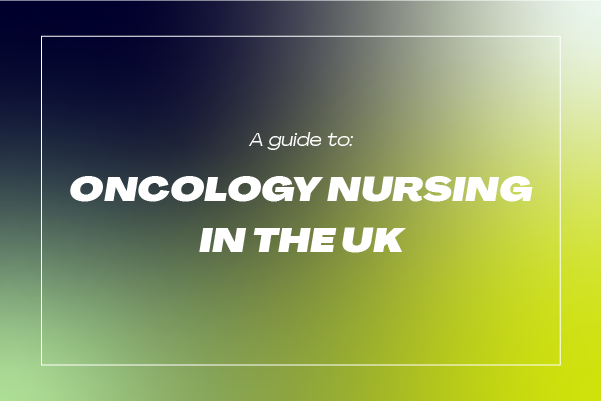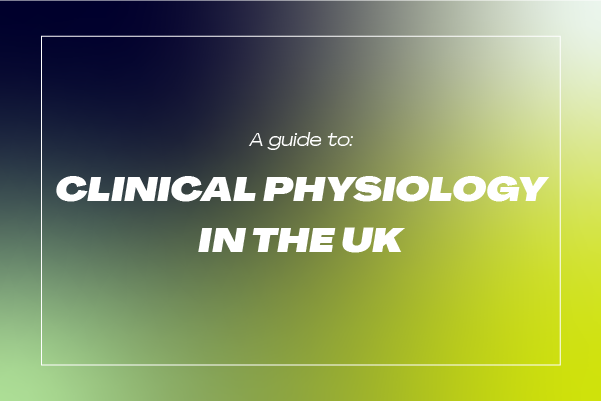The UK were the first country to approve the Pfizer/BioNTech vaccine for COVID-19 and have begun administering this vaccine to the public. With Clinical Trials progressing for other vaccines, it is only a matter of time until these are also rolled out!
Although these developments are certainly a light at the end of the 2020 tunnel, there is still some way to go before we can begin to move on from this pandemic.
Here’s what you need to know about the COVID-19 vaccines!
How Important are the Vaccines?
Simply put, the vaccines are extremely important.
The COVID-19 pandemic has placed a significant burden on the NHS, who has stated that it is the ‘single greatest public health emergency’ within its history.
A year ago, it would have been very hard to imagine just how much would change, and how much we took for granted. But, with the recent vaccination developments, life could be set to change once again. But this time, for the better!
For the NHS in particular, these vaccinations are crucial. Putting a stop to this pandemic will be a massive relief on the NHS, and for all Healthcare Professionals who have spent 2020 working on the front lines against this virus.
What are the Vaccines?
There are two main types of vaccine: RNA, which is made from part of the genetic code of the virus, and Viral Vector, which is made from a genetically modified version of the virus. The RNA vaccines have a slightly higher efficiency percentage but need to be stored at very low temperatures which can bring about transportation and storage issues. The Government have ordered a mix of both RNA and Viral Vector vaccines.
The Government have confirmed that the UK ‘currently has access to a total of 357 million doses of vaccines from 7 different developers.’
On 2nd December, the UK approved the Pfizer/BioNTech vaccine, which started to be rolled out to the public on the week starting 7th December. The UK Government have ordered 40 million doses of the vaccine, which is enough to immunise 20 million people.
The UK has also ordered doses of the following COVID-19 vaccines. These are currently going through clinical trials but will be issued to the UK once they have been approved:
- 100 million doses of University of Oxford/AstraZeneca vaccine – phase 3 clinical trials
- 7 million doses of Moderna vaccine – phase 3 clinical trials
- 60 million doses of Novavax vaccine – phase 3 clinical trials
- 60 million doses of Valneva vaccine – pre-clinical trials
- 60 million doses of GSK/Sanofi Pasteur vaccine – phase 1 clinical trials
- 30 million doses of Janssen vaccine – phase 2 clinical trials
What Happens Next?
This is a significant turning point in the fight against COVID-19. For the NHS, it’s a massive relief. For the general public, it means a step closer to normality.
For Vaccination Teams across the UK, it means serious work to be done.
This might be the most important vaccine rollout since the MMR immunisation was introduced. We don’t think that we’re exaggerating to say that these vaccinations are not only lifesaving but world-saving. Administering the initial doses are sure to be a landmark event within any Healthcare Professional’s career.
Who Will Get the Vaccines, and When?
The vaccines are still in clinical trials, but the Government have said that they expect vaccinations to begin before the end of the year.
The UK Government has set out a Priority List, which provides the order in which the vaccines will be given:
- older adults’ resident in a care home and care home workers
- all those 80 years of age and over and health and social care workers
- all those 75 years of age and over
- all those 70 years of age and over
- all those 65 years of age and over
- high-risk adults under 65 years of age
- moderate-risk adults under 65 years of age
- all those 60 years of age and over
- all those 55 years of age and over
- all those 50 years of age and over
- rest of the population (priority to be determined)
Of course, this will take time. Although the Health Secretary, has said that the expected rollout of vaccinations could mean that we will be looking at an Easter without the need for social distancing, it could well still take the better part of 6 months to a year for everyone to be vaccinated.
Social distancing may be able to end once all NHS and care workers, over-50’s, and those with health conditions have been vaccinated. But there will still be a long way to go until the entire population has been immunised and we are able to begin to move on.
Until then, we will all keep playing our part in fighting the spread of the virus.
Are you ready to help stop the spread of COVID-19? Click here to join the vaccination team!










